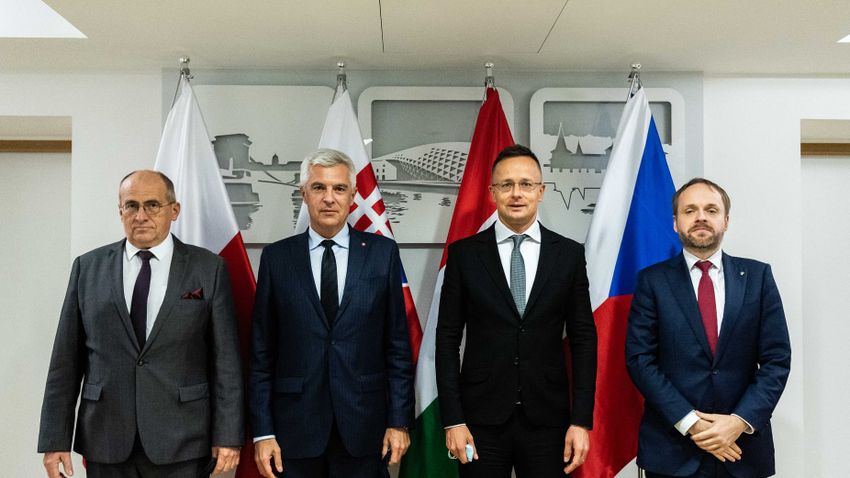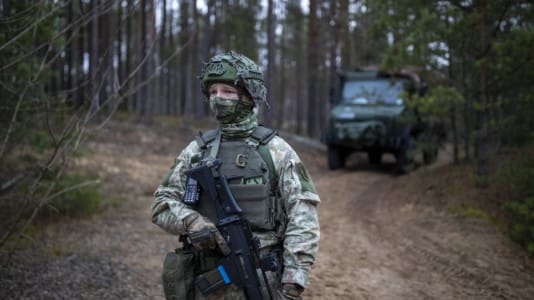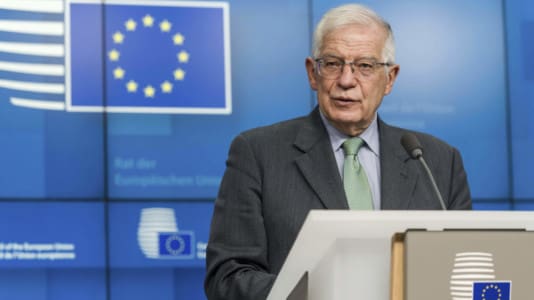At a separate meeting of the Visegrád Four (V4) member states’ foreign ministers during the EU ministers’ summit, Czechia, Hungary and Slovakia offered Poland direct assistance in combating the migrant inflow from Belarus, Minister of Foreign Affairs and Trade Péter Szijjártó said.
He pointed out that the help would follow the pattern fellow V4 states lended Hungary at the onset of the migration crisis back in 2015.
“Based on this success, friendship and fraternity we are at the disposal of our Polish friends,” Szijjártó said.
Szijjártó said that the meeting of the foreign ministers of the EU member states that the main items on the agenda revolve around the issue of migration, as the community is facing unprecedented pressure after a serious siege from the south and southeast.
The EU foreign ministers adopted a resolution on the situation in Belarus, according to which the European Union could impose penalties on persons and organizations that use migration as a means of manipulation. However, a decision on the specific sanctions list is expected later.
“The decision reflects the European Union’s determination to oppose Belarusian activity of using migrants as a means to political ends. We will curb this inhumane and illegal activity as we continue to find the repression of the Belarusian population unacceptable,” Josep Borrell, high representative of the union for foreign affairs and security policy, was quoted in the European Council’s statement.
The EU first imposed sanctions against Belarus for the first time in October 2020 in response to the presidential election held last August largely seen as unfair and the violent repression and subsequent intimidation of its participants and opposition MPs and journalists.
To date, a total of 166 individuals and 15 organizations have been designated under the sanctions regime against Belarus, including President Alexander Lukashenko and his son, Viktor Lukashenko, who was previously his father’s national security adviser.






